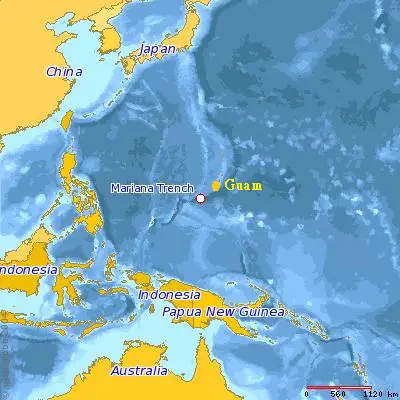Questionnaire and Workshops Provide Insight into Installation and Operational Best Practices for Ballast Water Management Systems. ABS recently issued questionnaires and hosted Ballast Water Management (BWM) Workshops, receiving feedback from across the globe from shipowners and operators with BWM systems installed onboard their vessels.
“As ships come into compliance with ballast water management requirements, it is important to consider some of the common system challenges and best practices for operating these systems,” said ABS Senior Vice President for Engineering and Technology, Derek Novak.
“The responses we received from the owners and operators who attended our workshops helped us gain a broad industry perspective from around the globe, which we will use to develop and enhance our guidance to industry.”
Global workshops were held in New Orleans, Shanghai, Hong Kong, Singapore, and Athens. Workshop attendees spent a large portion of the day reviewing the best practices that support successful BWM system integration, exploring both common and unique challenges resulting from different applied technologies, various ship types and sizes, operational and environmental conditions, operating frequency, crew competencies, BWM system maintenance requirements and feasible contingency measures.
To help focus discussion and drive the agenda, workshop participants completed a comprehensive questionnaire covering the critical aspects to consider in selecting, installing and operating a BWM system. Aggregated results allowed common issues – as well as any outliers – to be identified. In analyzing the results from the gathered responses, it is clear that many in the marine industry are making efforts to get systems fully functional and in operation to meet U.S. Coast Guard or IMO compliance timelines. Responses indicate that the number of completely inoperable systems has dropped from 14%, down to 6%, since ABS last conducted a questionnaire in the fall of 2017.
Key insights gained during the workshop include:
- Incorporating ship-specific contingency measures within the BWM Plan helps avoid potential downtime and financial penalties;
- System-specific training, both for shoreside support and ship crew, is critical for effectively operating and maintaining a BWM system:
- Monitoring key data and operational trends and understanding system design limitations help crew determine the suitability of the treatment technology for a vessel’s planned operational routes;
- Vendor after-sales global support and expertise is critically important for uninterrupted system operation.
“We commend ABS for taking the lead on this topic and facilitating dialogue on such a critical issue to the industry,” said Crowley Maritime Corporation Director of Engineering Contracts, Roy Choudhury. “By participating in the questionnaire and the workshop, we were able to hear from others in the industry who are experiencing similar challenges and share strategies that can benefit the broader marine industry, helping us all meet and achieve environmental compliance objectives.”
ABS is updating the Best Practices for Operation of Ballast Water Management Systems Report, last published in August of 2017. The updated 2019 Report aims to capture all the key discussions items, lessons learned and valuable insight shared by the workshop attendees with respect to the installation and operation of BWM systems.
Press Releases: eagle.org
Photo Courtesy: dma.dk
The post ABS And Industry Collaboration Identifies Key Challenges With BWMS appeared first on Maritime Manual.
from WordPress http://bit.ly/2SmvaoF

No comments:
Post a Comment